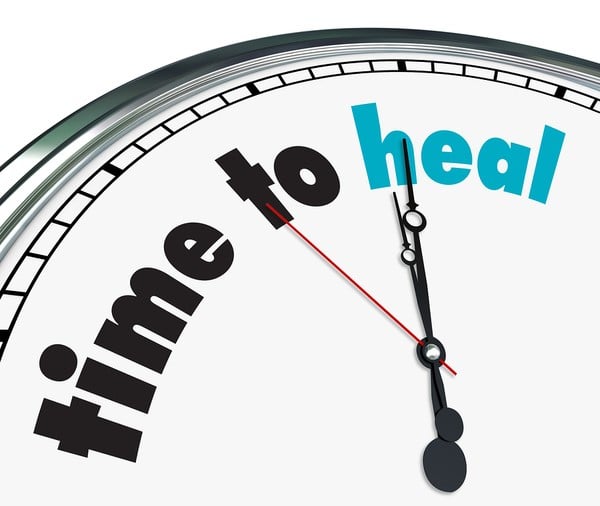
Rejection can cause real feelings of pain.
We all need love. From our first breath to our last, we need to both give and receive love and affection. Sadly, all too often, instead of affection, what is experienced is rejection.
Understanding the Pain of Rejection
Rejection, the feeling of being pushed away or excluded from a person or group of people you want to be with, is a painful experience. In many cases, rejection causes a cascade of negative emotions like loneliness, shame, or profound sadness.
However, the pain felt when you experience rejection is not just emotional pain. While emotional pain is bad enough, rejection has a physical component as well. According to the article “Understanding Rejection: How to Mitigate Its Effect on the Brain,” a study published in Science determined that social rejection activated the same areas of the brain as physical pain. A similar study published in Molecular Psychiatry showed that the brain’s natural painkiller system is activated when rejection is experienced.
Simply put, the pain you feel when you have been rejected is real.
How Rejection Affects Your Life
When rejection occurs, it can bring with it a host of other problems. It interferes with the basic human need of feeling a part of a group, bringing with it feelings of isolation and low self-esteem. Rejection often prompts people to engage in risky behaviors, like alcohol and substance abuse, in an effort to dull the pain.
Rejection can lead to violence and aggression, as it lowers impulse control and even temporarily lowers IQ. It can lead to a chronic fear of additional rejection, crippling your ability to form lasting, meaningful relationships.
If you are experiencing the physical and emotional pain of rejection, what can you do to alleviate that pain and avoid the other negative outcomes associated with it?
Ways to Deal with Rejection
While people cope with rejection in different ways, there are some basic healthy attitudes and behaviors that can help you regain peace of mind and a sense of self-worth after being rejected.
GoodTherapy.org offers this wise advice:
1) Acknowledge the pain you feel. Feeling pain after rejection is a normal and natural response. Resist the urge to add guilt into the equation by thinking that you should not be hurt by what has happened.
2) Express your feelings. Take time to openly acknowledge your pain, either to yourself or to others who can offer support. Talking about a painful event often helps you to put the pain into perspective and begin the healing process.
3) Avoid dwelling on the event. Once you have acknowledged the effect rejection has had in your life and expressed your feelings about it, try to avoid dwelling on the painful event. Replaying rejection in your head causes the pain to continue, much like picking at a physical wound keeps it from healing properly.
4) Reach out to friends and family for support. Seek out those in your life who provide love and compassion. Make a conscious effort to spend time with people who value you as a person. These are the people who truly matter.
5) Engage in physical activity. Physical activity is surprisingly effective as an antidote to the pain of rejection. Invest time in yourself by engaging in regular physical activity. You are worth the effort.
6) Reassert your independence. Remember that, to some degree, you can determine how much power the person who rejected you actually has in your life. Step back and examine your relationship with clear eyes. In many cases, you may find that the rejection has more to do with a problem the other person has, and less to do with any deficiency on your part.

If you’re ready to start the healing process, a treatment center can help.
Reaching Out for More Support
Because everyone is different and coping skill levels vary, you may find that you need additional help to overcome rejection trauma. There is no shame in that. If you are having trouble moving past the pain, you can help yourself by reaching out to a therapist.
A therapist can work with you to help mitigate the negative effects of rejection and bolster your self-esteem. Additionally, therapists can help you explore potential issues that lead to rejection and help you work to achieve personal improvement in those areas.
Therapists can help you develop healthy coping mechanisms that counteract harmful behaviors and thought processes. Working with a therapist is a good investment in your present and future well-being.
We’re Here to Help
Are you willing to make that investment in yourself? Contact us today to begin the healing process and work your way toward recovery.








